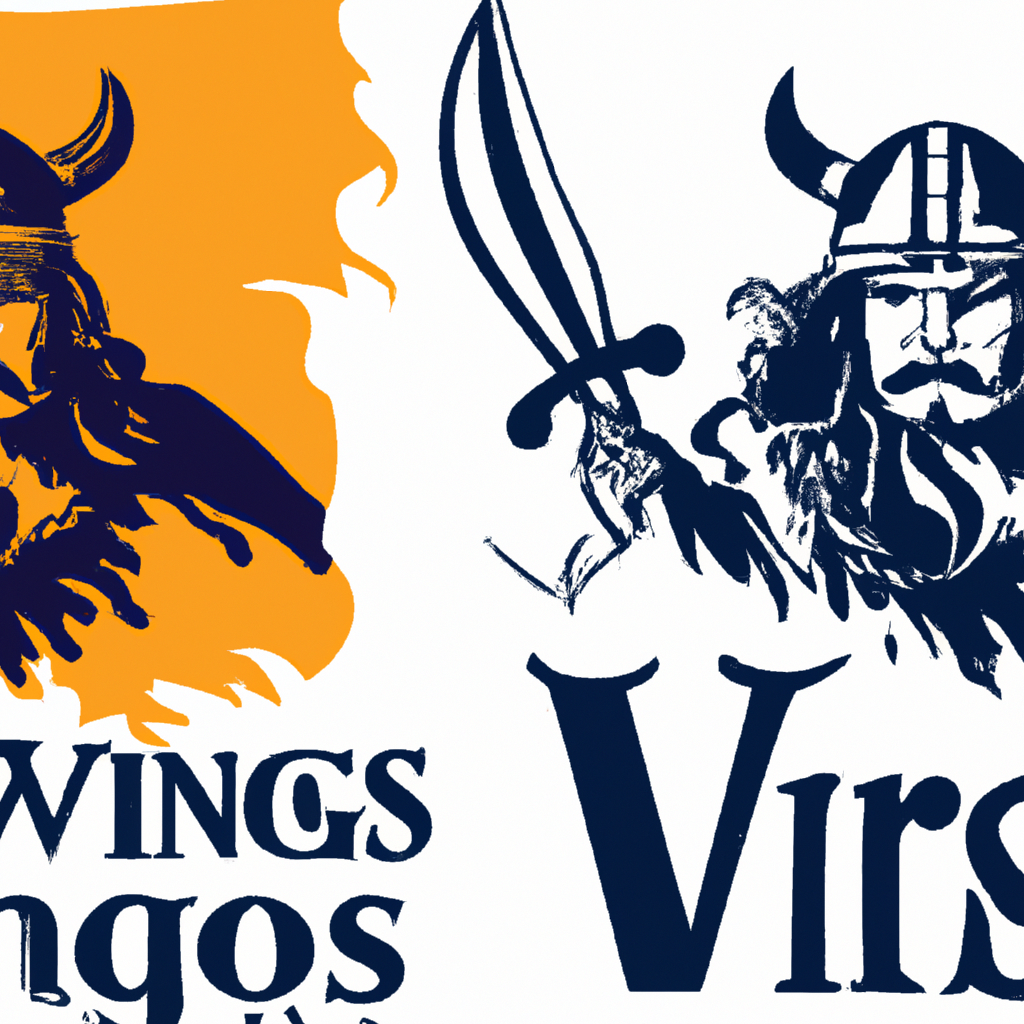The Fearless Warriors: Vikings in History and Mythology
When we think of fierce warriors from history, one group that immediately comes to mind is the Vikings. These Scandinavian seafarers were known for their fearless nature and relentless raids during the Viking Age, which lasted from the late 8th to the 11th centuries. Both in history and mythology, the Vikings left an indelible mark that continues to captivate our imagination today.
Origins and Expansion
The Vikings originated from the Nordic lands, including what is now modern-day Denmark, Norway, and Sweden. From their homelands, they set sail in their iconic longships, expanding their reach to far-flung lands. Vikings traveled as far as North America in the west, Constantinople in the east, and even ventured into the Mediterranean.
Warfare and Tactics
One of the key reasons for the Vikings’ success in battle was their superior warfare and tactical skills. They were known for their formidable use of weapons such as swords, axes, and spears. In addition, their well-crafted shields and efficient armor allowed them to withstand enemy attacks while launching devastating counter-attacks.
The Vikings were also masters of surprise. They employed lightning-fast hit-and-run tactics, often striking coastal towns and monasteries, plundering their wealth, and disappearing before a defense could be mounted. This strategy not only allowed them to gather riches but also instilled fear in their enemies.
Gods and Mythology
Deeply rooted in Norse mythology, the Vikings believed in a pantheon of gods and goddesses. These deities held great significance in their lives and were often invoked before embarking on a raid or engaging in battle. The most famous among these gods is Odin, the Allfather and ruler of Asgard. He often bestowed courage and strength upon warriors, giving them the confidence to face any challenge.
Another prominent figure in Norse mythology is Thor, the god of thunder and protector of mankind. Vikings believed that carrying Thor’s hammer would bring them protection, and many warriors adorned themselves with hammer pendants as a symbol of strength and defiance in battle.
Legacy and Influence
The influence of Vikings is not limited to history and mythology. Their legacy is evident in various aspects of modern-day society. For example, the word “Thursday” comes from the Old Norse word “Thor’s day,” which reflects the importance of Thor in Viking culture.
Furthermore, the Vikings’ seafaring skills and exploration laid the foundation for subsequent voyages of discovery by other civilizations. Their navigational prowess and shipbuilding techniques opened up new trade routes and helped shape the world we live in today.
Conclusion
The Vikings were indeed fearless warriors who left an indelible mark on both history and mythology. From their origins in the Nordic lands to their enduring legacy, their stories continue to inspire awe and captivate our imaginations. Whether through their tales of valor or their exploration of distant lands, the Vikings remind us of the relentless spirit of adventure and the power of the human will.
